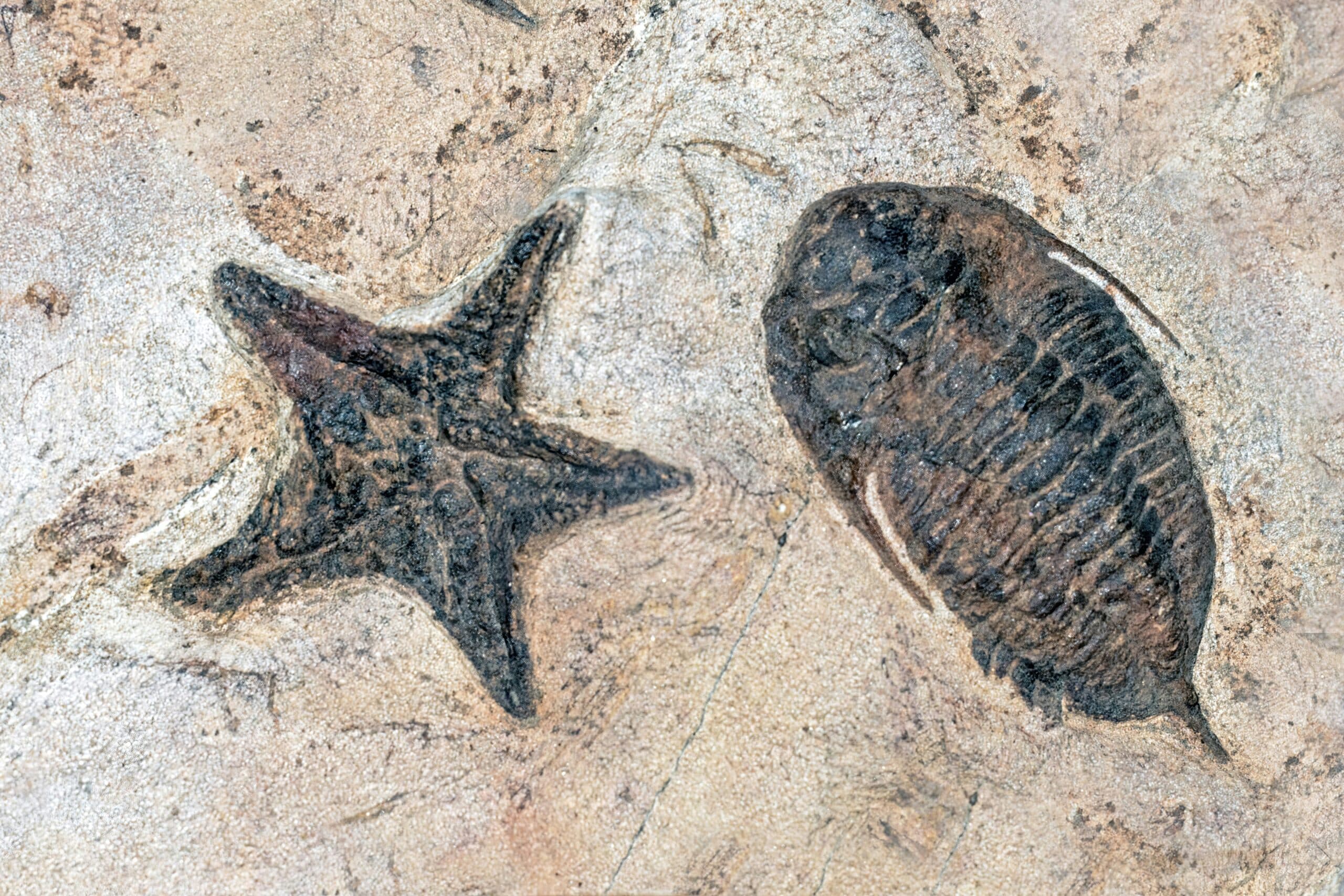
Episode #127
What Your Genes Can Tell You About Your Health Risks
Dr. Anthony Jay, a best-selling author and lead researcher for the Mayo Clinic, shares how your genes can clue you into a number of different health issues and what you can do to improve your health by knowing this information.

Guest
Dr. Anthony Jay
You probably already know that your genes dictate things like your hair color, eye color, and how tall you are, but did you know they can also give you important details on your health risks for conditions like obesity and type 2 diabetes?
And that’s just the beginning.
As my returning guest, Dr. Anthony Jay, a best-selling author and lead researcher for the Mayo Clinic, shares in this episode, your genes can also clue you into a number of different health issues.
They can tell you how your lifestyle can affect your health, what your risk factors are for chronic diseases, the best exercises to perform, and how you handle vitamins and hormonal issues, among other things.
Dr. Jay also shows how modifying certain things can change the way your genes are affected and he shares all of this in this podcast episode.
When you tune in, you’ll hear Dr. Jay go through my genetic report to share what I should and shouldn’t do to mitigate my health risks and improve my overall health.
If you’re like me and you’re fascinated by using data to optimize your health, then this episode is for you.
They did a study that was really shocking that found that fatty streaks -- which are an early form of plaque in your arteries -- start at age 11 in most American kids. Share on XIf you don’t know Dr. Jay, he received his Ph.D in biochemistry from Boston University’s Medical School where he later went off to study Alzheimer’s disease, hormonal health, fats, and cholesterol.
He then went on to become a lead researcher at the Mayo Clinic in Rochester, Minnesota where he spends his time studying epigenetics, infrared light, and stem cells.
He also published a best-selling book titled, Estrogeneration: How Estrogenics Are Making You Fat, Sick, and Infertile, to show people how removing hormone disrupting chemicals from your life can improve your health.
If that sounds familiar, it’s because Dr. Anthony Jay has been on the podcast before but, in his first episode, he and I chatted about those hormone disrupting chemicals that most people don’t realize are already lurking in their house.
This episode is completely different, which is why I couldn’t wait to get Dr. Jay back on the show.
When you tune in, you’ll learn more about these topics
- How you can optimize your genes
- Why Dr. Jay studies your bad genes instead of all of them to uncover your precise health risks
- Where you can get your genetic makeup
- How Dr. Jay parses out the information on your genes to determine what you should and shouldn’t avoid
- More about Prometheus genetic tests, including some of the drawbacks
- How Dr. Jay stays on top of all of the research that comes out
- Why this space is moving towards epigenetics instead of just genetics
- The difference between epigenetics and genetics and why it’s better to use one over the other
- How you can use your genetic makeup to modify your lifestyle and mitigate risk factors
- The best way to look at epigenetics
- How your anxiety risk genes are related to your gut health and serotonin
- Nicotine dependency risk gene
- Lifespan genes
- Dairy sensitivity risk genes
- The specifics you can uncover about your diet based on your genetic makeup
- Zinc and its connection to blood sugar
- Obesity risk genes
- Vitamin D genes
- Heart disease risk genes
- The connection between your genes and plaque buildup
- Gluten sensitivities
- Vitamin and hormone related genes
- A big risk factor for thyroid issues
- MTHFR gene risk
- Gout risk
- How your genes can shed light on the best workouts for your body
- More about your sleep as it relates to your genetic makeup
If you enjoyed this episode, subscribe to the Natural State Podcast on iTunes to get automatic updates. Use Android? Click here to subscribe on Stitcher and here to subscribe on Google Play Music.
Mentioned in This Episode
More Resources
- The Natural State Podcast Episode 124: Dr. Dan Stickler – Optimizing Health Through Epigenetics
- The Natural State Podcast Episode 115: Dr. Anthony Jay – The Surprising Hormone Disrupting Chemicals Wreaking Havoc on Your Health
- What is an MTHFR Gene Mutation and How to Get Tested
- 12 Screenings for Heart Disease Risk You Haven’t Heard of Yet
- The Natural State Podcast Episode 105: Dr. Paul Saladino – 2+ Years on the Carnivore Diet, High Cholesterol with Zero Plaque Build-Up, and Why Animal-Based Diets are Better for You







